Was anyone worried last week when reality television show Big Brother Naija kicked off the auditions for its 2019 edition? In each of the eight audition centres —Edo, Enugu, Lagos, Rivers, Oyo, Delta and Cross River states, plus the Federal Capital territory (FCT) — youth assembled in their tens of thousands to jostle for just 12 house spots (or maybe up to 20) available nationwide. They were so many that no single audition centre escaped crowd control issues.
In Lagos alone, it has been claimed that over two days, the crowd was well over 10,000, which is plausible given that someone who arrived the centre at 5:35am on Friday was Number 679 in the queue; hundreds of them, it would later emerge, slept over at the venue on the eve of the audition kick-off. The broad-daylight latecomers were seen scaling or looking through the walls of the building to gain access to the venue. Abuja was so bad the Police fired teargas canisters to control the crowd.
Since debuting in 2006, the BBN show has become notorious for its heavy dose of booze, sex and meaningless drama. This year, scandal-crazy Nigerians do not have to wait for the show to properly kick off. Game on, already! Among the numerous mouthwatering videos from the audition venues is one of some applicants answering the question: “Where is the smartest place to have sex in the Big Brother House”? The answers range from “under the duvet” to “by night when everyone is sleeping” to “behind the door — the bed behind the door”. At one location, an aspiring BBN housemate fainted and was stripped to his underpants as part of his resuscitation process. Elsewhere, one man got on his knees at the audition and popped the question to his woman. Mercy Okadi Enoh, a middle-aged woman and fish, poultry and livestock farmer, turned up at the Lagos centre claiming she wants to go to the house to “make a difference” by being the “mama” of the housemates. That’s someone’s mum. In Abuja, a bra was found on the floor as the audition wound down; it is unclear if that was down to some raunchy action or the pushing and shoving at the venue.
For those who are too serious to know, Big Brother Naija (originally Big Brother Nigeria) is the most lucrative, most exciting and most debated (all in one) reality competition in this country. A minimum of 12 housemates kick off the show — though two are sometimes added midway into the contest as genuine or fake housemates — seeking to ingratiate themselves with the public who, one by one, will evict the housemates till the last one standing is declared the winner and proud recipient of a whopping $100,000. That’s N36.1million. There are unconfirmed reports this year’s prize could even be up to N45million.
Advertisement
To put this cash reward in context, there is no known Nigerian award for intellectual prowess in any discipline that offers more than $100,000. The only award that equals Big Brother Naija’s $100,000 is the Nigeria Liquefied Natural Gas (NLNG) Limited-sponsored Nigeria Prize for Literature. The NLNG Prize is not only the biggest literary prize in Africa and one of the world’s biggest, it has been won by an array of extraordinarily talented writers, including Soji Cole, Ikeogu Oke, Abubakar Ibrahim, Tade Ipadeola, Chika Unigwe, Kaine Agary and Mabel Segun. Each of these greats — and some even won it when it was $30,000 or $50,000 — won with end products of years of rigorous creative writing. In contrast, winning BBN’s $100,000 is not that taxing: get a hot body, which can be a six-pack or the hourglass shape; have a lot of sex in the open glare of the world; drink a lot of wine; smoke without restraint; bathe naked and act all shades of crazy every day for roughly four months.
There really is no problem if a show rewards four months of pseudo-adult film plus idle chitchat with a prize money that demands years of brain work from others, but there’s a problem when an increasingly rising youth population considers it their surest way to fame and fortune. It is normal that intellectually-oriented affairs will always attract the least audience; the majority are always on the side of the empty. But the traffic-causing tumultuous crowd at the auditioning centres point to a deeper problem of declining values and the growing popularity of success through shortcuts.
The kind of crowd at the BBN audition centres is symptomatic of a country that is not working. It is what you expect of a country where tertiary institution students have been out of school for three months due to an industrial action by lecturers, yet there are no protests. Meanwhile, there have been a series of protests over the planned-now-aborted impeachment of the Lagos Governor and the controversial ‘removal’ of Walter Onnoghen as Chief Justice of Nigeria (CJN). It is what you get in a country where unemployment stats are not only worrisome, but where the future offers little hope. Most importantly, this is what you get in a country where the depth of thinking and values is, on the average, small. Big Brother Naija remains a big show, but that is only because we’re largely a small country starved of the kind of thinking that turn nations around.
Advertisement
Soyombo, former Editor of the TheCable and the International Centre for Investigative Reporting (ICIR), tweets @fisayosoyombo
1 comments
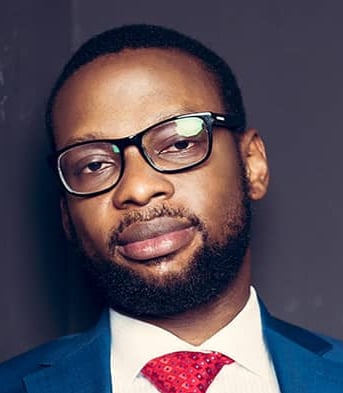
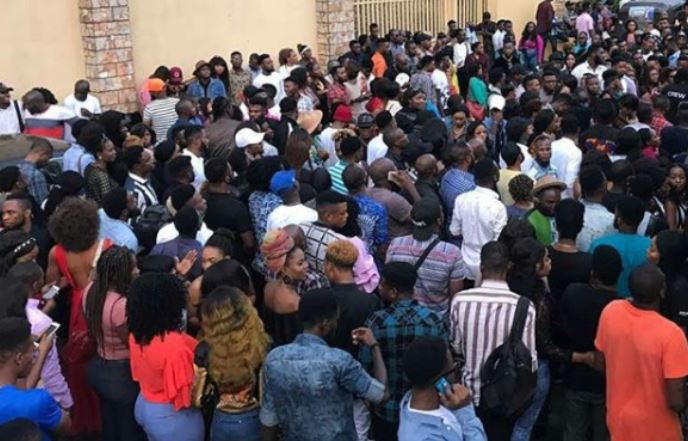


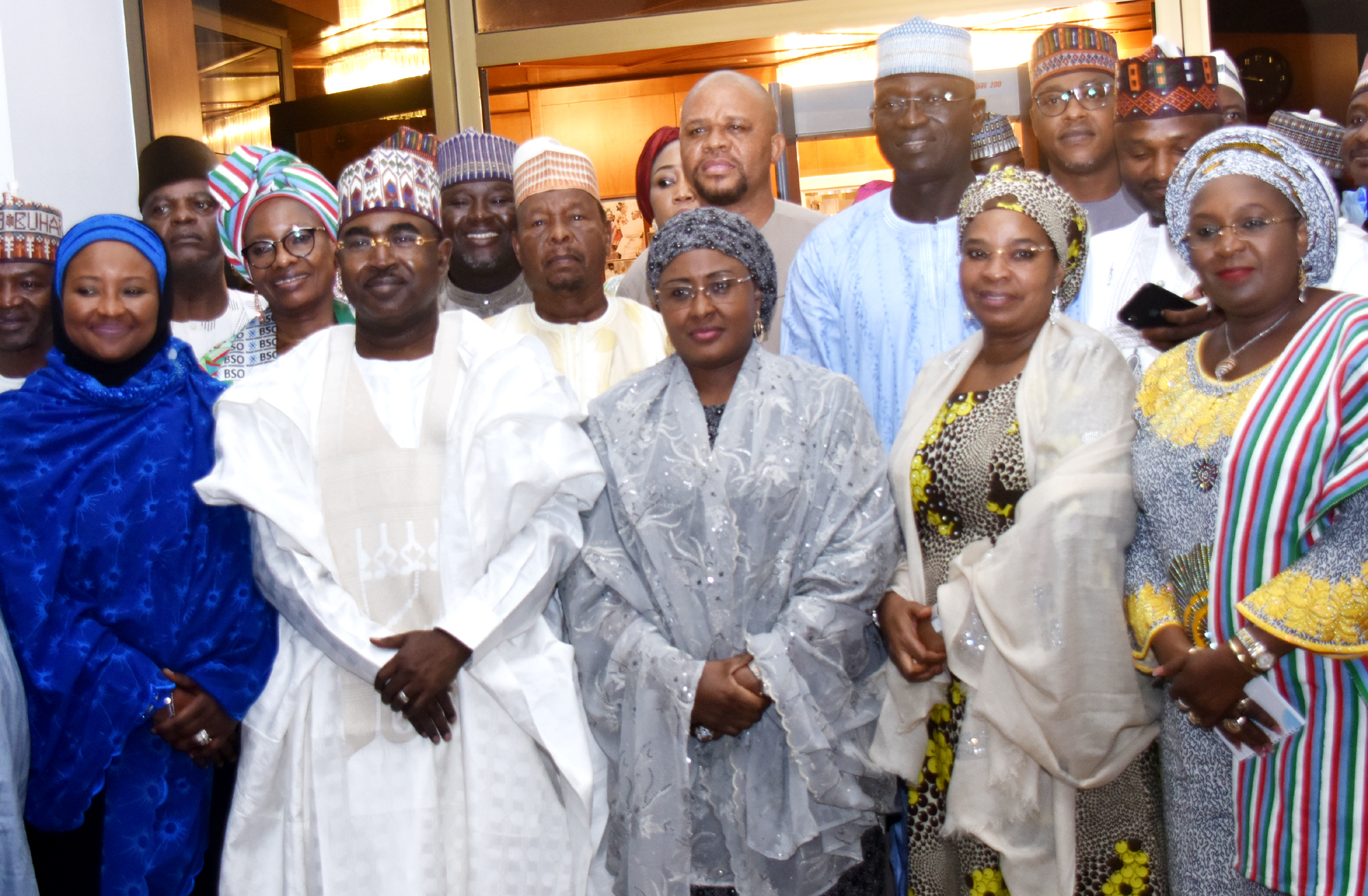
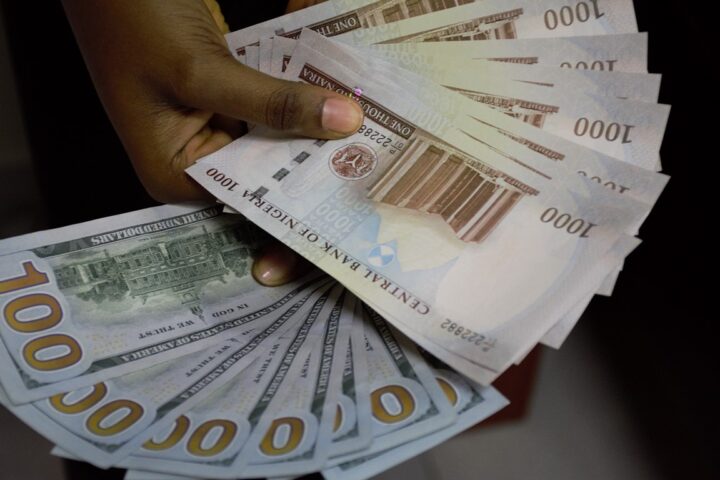
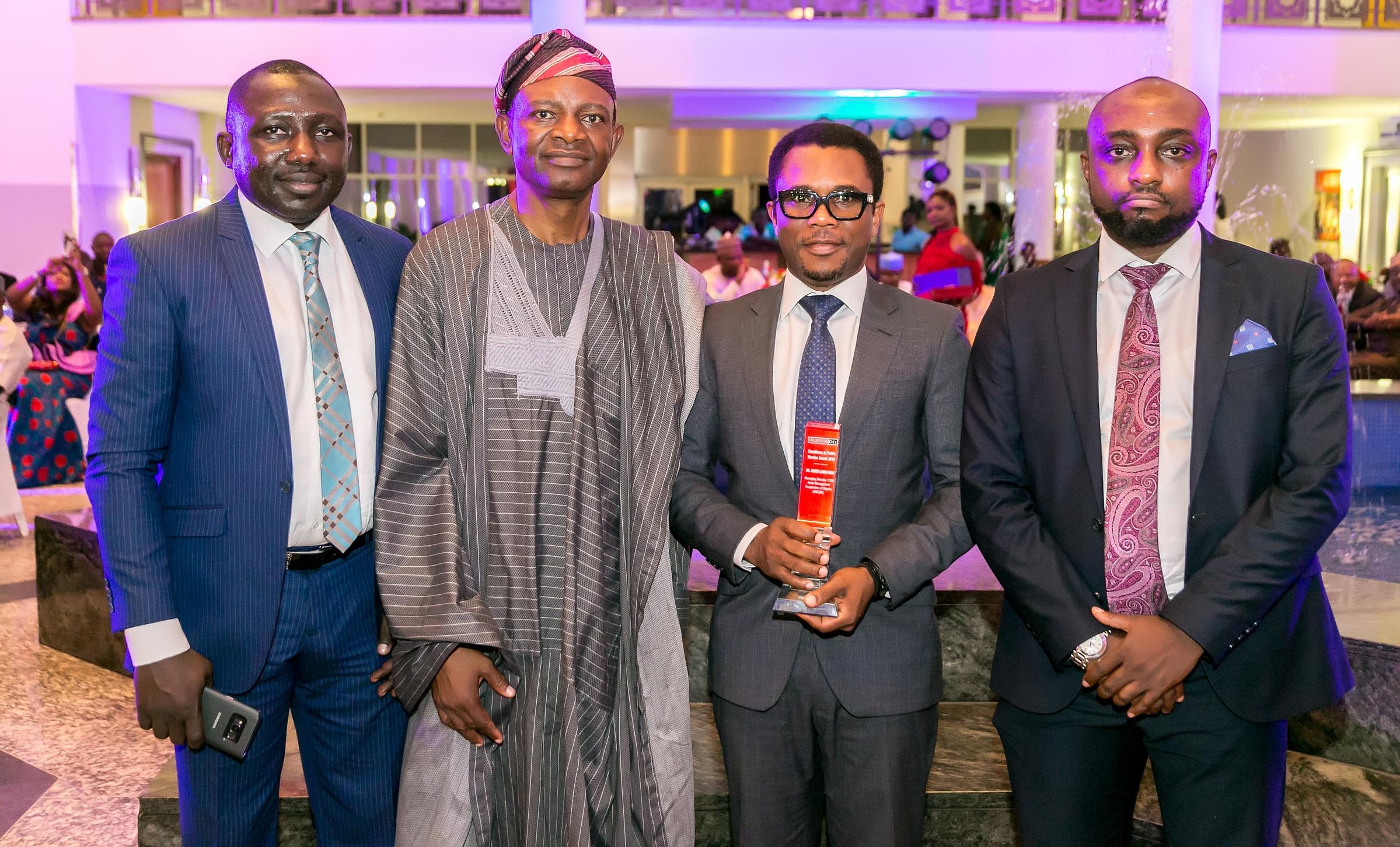

That is a bit harsh by Fisayo Soyombo. I’ve not read his piece yet but I hope he carries out a comparative study with other countries and the turn out to auditions, notably big brother, American idol etc. The conclusions that can be drawn from such studies is that thinking generally is hard work and it says more about human nature than Nigeria.
The authors venom should have been against the organizers who perhaps we can say are ill experienced in putting together this even. The difference between the images we saw in Nigeria against America is not the number, because the number look a lot more in American idol than what we saw, rather it is the orderliness. Does that mean Nigerians are disorderly people? I think that would also be a harsh conclusion to draw because we have all seen very orderly Nigerians at the U.S. Embassy waiting to get either rejected or accepted. So the crowds we saw says little about Nigeria or the types of youth or thinking as the author put it. but more about BBNaija’s inability to crowd control.